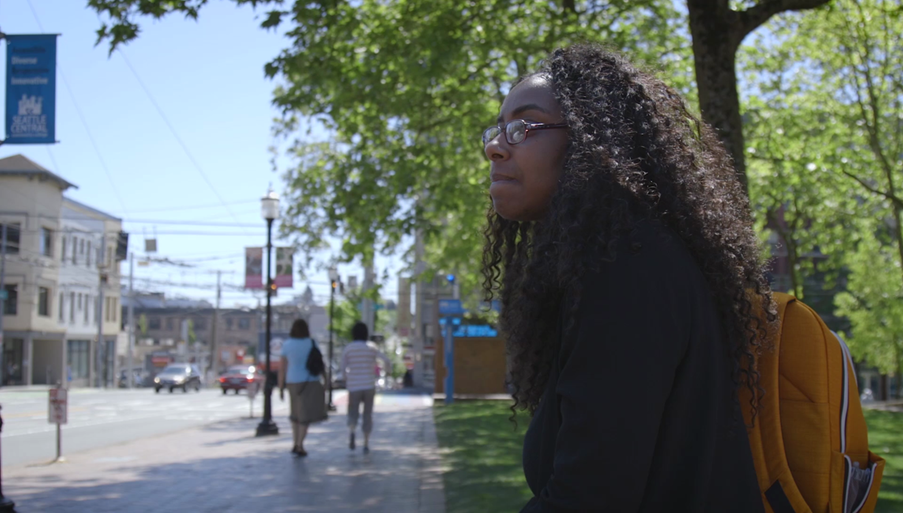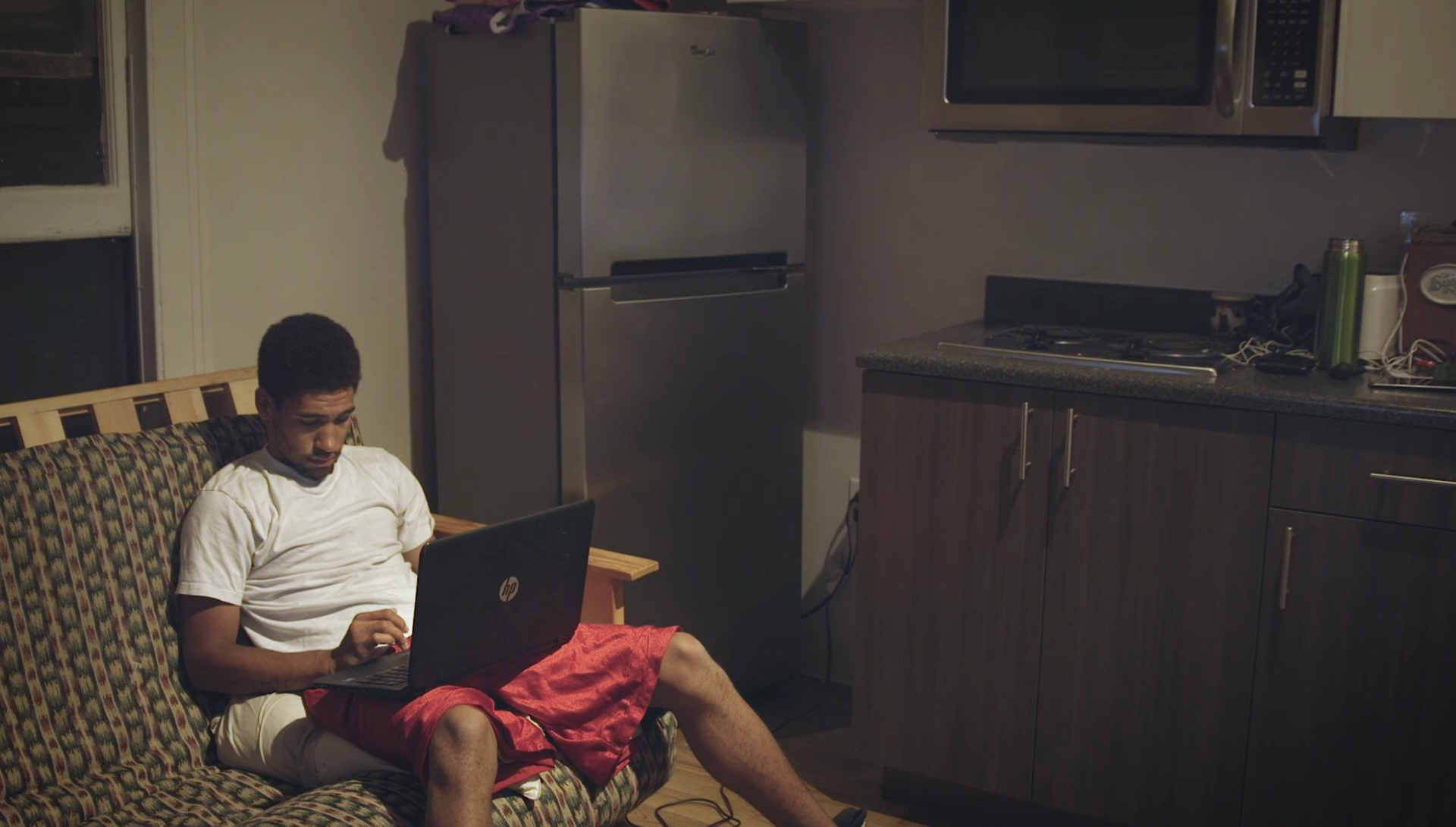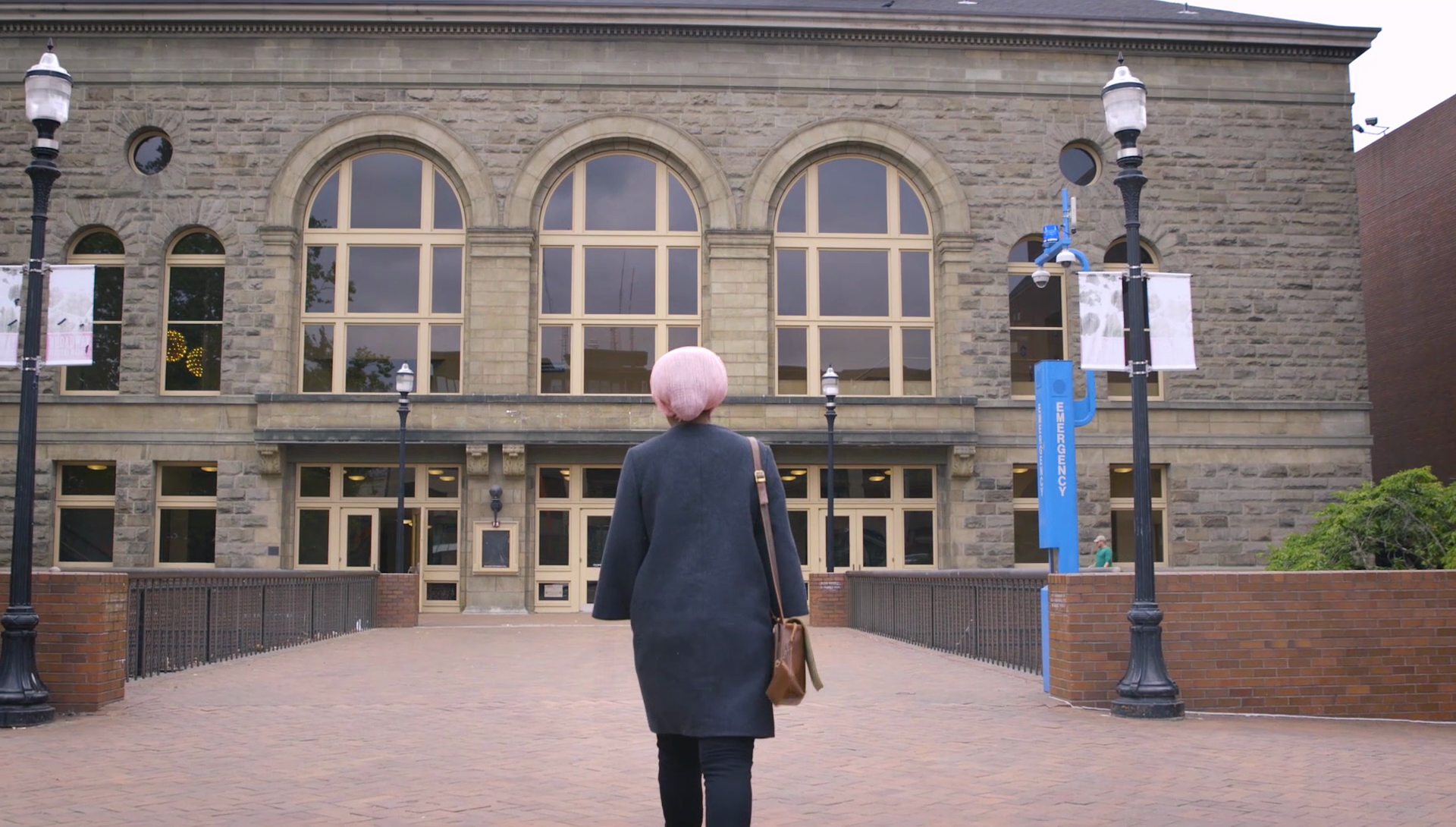Every year, over 600 Washington State youth “age out” of the foster-care system. They leave the protections of the Department of Social and Health Services (DSHS) and the families and homes they have been living in — regardless of their readiness to negotiate the transition. One in five will become homeless after age 18.
A few are able to remain in extended care until age 21. After Congress passed the Fostering Connections to Success and Increasing Adoptions Act of 2008, states have been able to use foster-care funds to provide extended foster-care services to youth ages 18 to 21 who engaged in certain qualifying activities. Washington State established extended foster care services in 2011.
The Day I Age Out is a three-part webisode series that follows Corey and Mykell, both fast-approaching their 21st birthdays, as they prepare to age out of Washington State’s Extended Foster-Care program. The series, produced by Bryan Tucker for KCTS 9, tells real-time narratives rarely heard outside the child welfare field.
For most of their lives, Corey and Mykell have both had the support of many social workers, often from several representing agencies — but those benefits all disappear once they turn 21. Follow the difficulties Corey and Mykell face in employment, securing housing with Section 8 vouchers, and weighing the options of continuing education. Are they ready for full-on independence? Has a near-lifetime in foster care prepared them for what is to come once they are on their own?
Part 1: Aging out of foster care

Corey has been in foster care for 18 of the nearly 21 years of his life. Mykell has been in 10 foster homes since she was baby. Both are about to age out of the foster care system. Corey is collecting furniture in anticipation of securing an apartment. Mykell is attending school and working while navigating the challenges of finding an affordable apartment.
Part 2: Fostering Independence

Corey celebrates his 21st with friends and foster-family, but a blip in Corey’s past keeps him from being able to find an apartment. Mykell is living with her uncle and is able to stay in school, but decides to quit her job due to conflicts with school. Her Section 8 voucher (for affordable housing) will expire soon and she has still not been able to secure a place to rent.
Part 3: Finding Home

Mykell has an emotional reunion and moment of truth with a past foster mother. Corey finds an apartment and plans to get his high school diploma.

